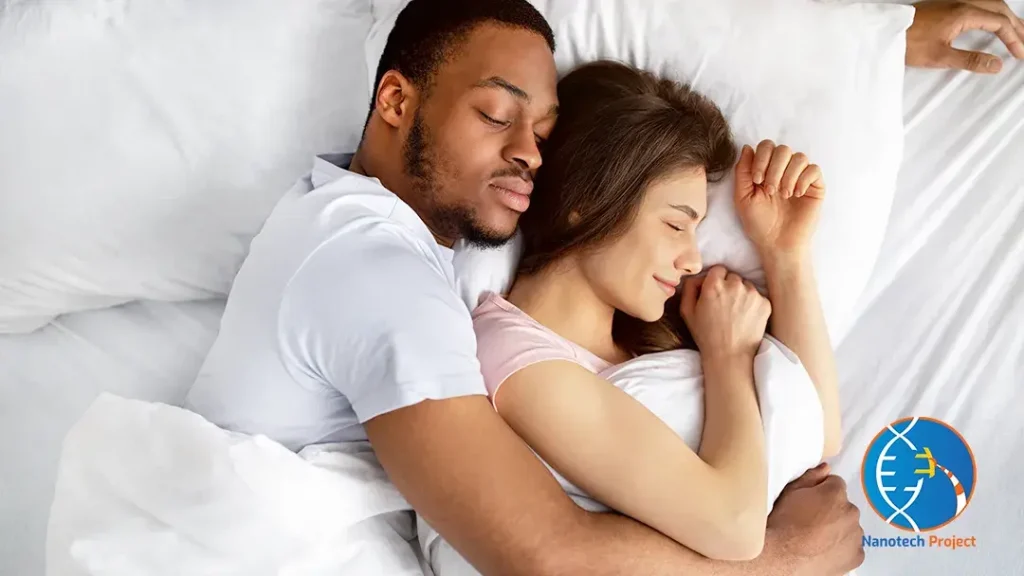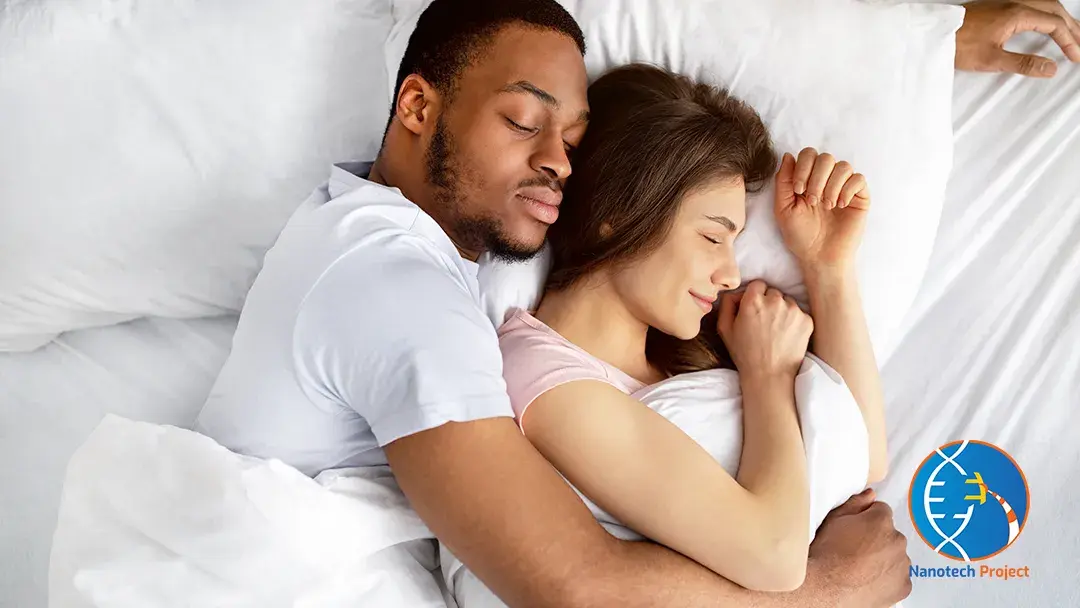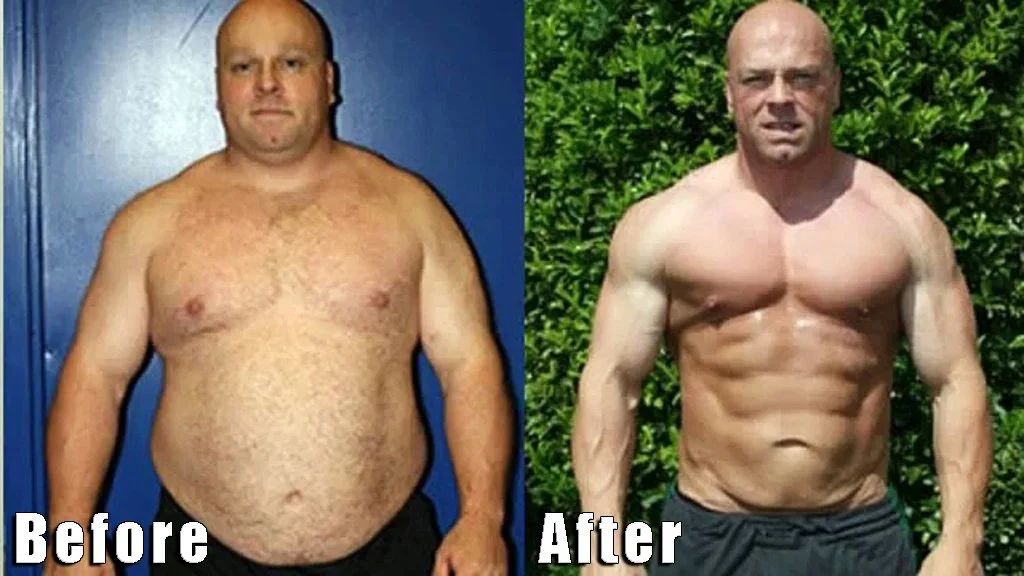Today, many individuals are seeking to address insomnia. Thus, they resort to trying effective sleep medications. Two commonly discussed over-the-counter sleep aids are melatonin and Benadryl. Each serves a unique role in the growing world of the sleep medicine industry.
This post will shed light on how melatonin and Benadryl differ from each other. Continue reading to gain insights about these two reputable sleep supplements.
Melatonin vs Benadryl: Definition
What is Melatonin?
Melatonin is a natural sleep aid. Melatonin supplements mimic a hormone produced naturally by the pineal gland. This hormone melatonin is important in regulating the human sleep-wake cycle. Such an effect explains why melatonin is an effective nighttime sleep aid.
What is Benadryl?
Benadryl, the brand name for diphenhydramine, is primarily an antihistamine. It is used to alleviate allergic reactions. However, one of the known Benadryl side effects is drowsiness. Thus, some consider it a possible treatment for insomnia.
Melatonin vs Benadryl: How Each Sleep Aid Works
How Melatonin Makes You Sleep
Melatonin is a naturally occurring hormone inside your body. Interestingly, it responds to darkness. As night falls, melatonin levels rise. This is the hormone’s way to signal your body that it’s time to prepare for sleep.
Melatonin dietary supplements contain a synthetic version of the hormone. In a more detailed way, melatonin can activate specific melatonin receptors to improve our sleep quality.
The hormonal release is a key component of the sleep-wake cycle and circadian rhythm. These are processes that regulate our sleep and wakefulness.
Due to the stated effects of melatonin, it has been used to treat sleep problems such as sleeplessness. When buying a synthetic version of melatonin for your sleep disorders, ensure you are purchasing from a reliable online store.
How Benadryl Makes You Sleep
Benadryl contains the active ingredient diphenhydramine. It belongs to a class of over-the-counter medications that can relieve allergy symptoms like a runny nose or itchy eyes. Benadryl has sedative effects which explains why it can possibly help with sleep disturbances.
Benadryl’s sedative effects are due to its ability to block histamine receptors. These are located in the brain and blocking them may lead to drowsiness. Benadryl’s side effect of drowsiness is so pronounced. Thus, people are using it to help them fall asleep although they do not have allergies.
Benadryl also falls under the category of anticholinergic drugs. As as pharmacological treatment, Benadryl blocks the effect of acetylcholine. One side effect of this is feeling sleepy.
Melatonin vs Benadryl: Differences in Efficacy
As we evaluate the efficacy of melatonin versus Benadryl, we need to consider some factors. One of them is the type of sleep issue you’re experiencing (either primary or secondary sleep disorders). Another factor is your age.
Both of these over-the-counter sleep aids are intended for short-term use, They cannot treat chronic insomnia.
When to use melatonin
Melatonin is particularly effective for issues related to the disruption of the sleep-wake cycle. Jet lags and work shifts are some examples. Also, melatonin for bedtime is ideal for people whose sleep is affected by beta blockers. The latter are drugs that prohibit the production of melatonin.
Melatonin pills are also an ideal supplement for specific age groups. Children under 12 and older adults (65 years and above) are advised to take melatonin rather than Benadryl. Due to safety concerns, children cannot take Benadryl. Older individuals may experience confusion and eventually fall if they take Benadryl.
When to use Benadryl
Benadryl can be an effective sleep aid if your sleeplessness is due to illness and pain. Suppose you have a cold or flu, then Benadryl can alleviate specific symptoms. Afterward, you may fall into drowsiness as a side effect of the medication.
There are also some instances wherein Benadryl is combined with other pain relievers. Benadryl may be combined with Advil PM and Tylenol PM. However, you should not take these combinations for sleep if pain is not a factor.
Melatonin vs Benadryl: Recommended Dosages
For Melatonin
The usual dose for adults taking melatonin is as follows:
- 0.1 mg to 10 mg, common dose of 5 mg daily taken 3 to 4 hours before bedtime
- 8 mg daily of melatonin for a more pronounced effect
The recommended dose for children taking melatonin would be:
- 3 mg daily
- This is taken at least 1 – 2 hours before going to sleep
Important considerations:
- It is best to start slow and gradually increase as needed.
- Older adults may benefit from a slow-release formula of melatonin.
- Slow-release doses range between 1 mg to 2 mg daily.
For Benadryl
The typical dose for Benadryl, for adults and children is 50 mg. This is taken approximately 30 minutes before bedtime. The dose applies to children aged 12 years old above.
Take Benadryl with extra caution due to its potential side effects. It may also risk developing tolerance with frequent use.
Melatonin vs Benadryl: Possible Side Effects
Melatonin side effects
The following are the known common side effects of melatonin:
- Daytime drowsiness (due to overconsumption)
- Headache
- Upset stomach
Benadryl side effects
Here are some common adverse reactions when taking Benadryl:
- Drowsiness
- Dry mouth
- Constipation
- Blurry vision
- Memory issues
- Difficulty urinating








